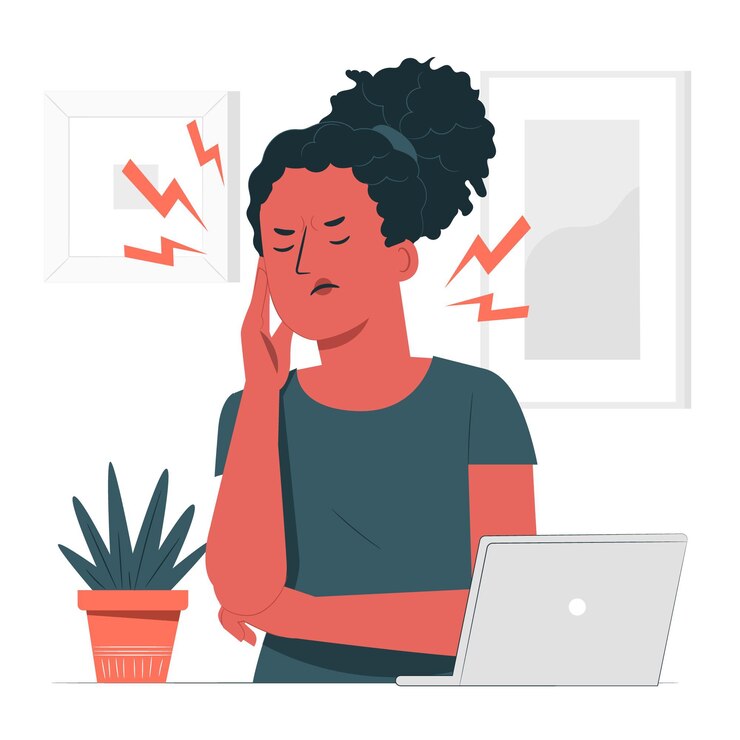Table of contents
Living with Multiple Sclerosis (MS) presents daily challenges, from muscle spasticity and chronic pain to fatigue and emotional stress. As traditional treatments often come with side effects or limited relief, many people are turning to alternative options. One such option that’s gaining traction is CBD for MS symptom relief.
CBD (cannabidiol), a compound derived from the hemp plant, is being widely researched and used for its anti-inflammatory, analgesic, and neuroprotective properties. But beyond clinical studies, it’s the real-life stories of individuals using CBD for MS that shed light on its potential impact. In this post, we explore these personal accounts, how CBD is helping in everyday life, and what you should know if you’re considering trying it yourself.
Understanding MS and the Appeal of CBD

Multiple Sclerosis is an autoimmune disease where the immune system mistakenly attacks the protective covering of nerves. This leads to communication problems between the brain and the rest of the body, often resulting in:
- Nerve pain and tingling
- Muscle weakness and spasms
- Fatigue
- Balance and coordination issues
- Emotional and cognitive struggles
CBD is believed to interact with the body’s endocannabinoid system (ECS), which plays a key role in regulating pain, mood, sleep, and immune responses — all areas commonly impacted by MS.
Real Stories: How People Are Using CBD for MS

Anna’s Journey: Regaining Mobility
After being diagnosed in her mid-30s, Anna struggled with daily muscle spasms and stiffness. Prescription meds helped slightly but left her feeling foggy. “CBD oil gave me my mornings back,” she says. “It relaxes my muscles enough that I can do yoga again without wincing in pain.”
Mark’s Story: Better Sleep and Less Anxiety
For Mark, a 52-year-old father of three, anxiety and insomnia were his biggest battles. “MS made me constantly stressed, which worsened everything. I started taking CBD tinctures before bed, and within a few weeks, I was falling asleep faster and waking up more rested.”
Linda’s Relief: Topicals for Pain
Linda swears by CBD balms and creams. “I apply it directly to my lower back and knees — areas that always ache. It doesn’t take all the pain away, but it eases it enough so I can stay active without reaching for painkillers every few hours.”
James’ Experience: Reduced Spasticity
James, 45, found relief from severe leg spasticity through a combination of CBD and stretching. “The spasms were so intense I couldn’t drive or walk properly. Since using CBD capsules daily, they’re much more manageable. I feel like I have some control again.”
Sophie’s Support: Emotional Balance
Dealing with MS affected Sophie’s mental health as much as her physical health. “CBD helped take the edge off my depression. It’s not a miracle cure, but it gave me the calm I needed to go back to therapy and regain my confidence.”
Forms of CBD Used by MS Patients

People use CBD for MS in various ways depending on their symptoms:
- CBD Oils & Tinctures: Fast-acting and ideal for anxiety, insomnia, and general inflammation.
- Capsules & Gummies: Convenient and great for long-lasting relief throughout the day.
- Topicals & Balms: Best for localized pain and muscle stiffness.
- Vape Pens (inhalation): Quick relief but may not be suitable for everyone, especially those with respiratory concerns.
Tips for Trying CBD for MS
- Start with a low dose and increase gradually based on how your body responds.
- Choose high-quality, lab-tested products from reputable brands.
- Track your symptoms in a journal to measure improvements and side effects.
- Consult with your neurologist or healthcare provider, especially if you’re on other medications.
FAQs About CBD for MS
CBD derived from hemp (with less than 0.3% THC) is legal federally in many countries, including the U.S., but always check local laws and regulations.
Many users report that CBD helps with sleep and anxiety, which in turn may reduce feelings of fatigue. Some also find it enhances focus and energy when used in smaller doses.
Generally, yes — but it’s crucial to consult your doctor to avoid possible drug interactions or side effects.
It varies. Some experience relief in days, while others may need a few weeks of consistent use. Tracking your symptoms can help determine effectiveness.
Research so far shows CBD is well-tolerated by most people, even in long-term use, but ongoing medical supervision is recommended for chronic conditions like MS.
Final Thoughts
CBD is not a cure for MS, but it’s quickly becoming a trusted ally in managing its symptoms. The personal accounts shared above illustrate how this natural supplement is changing lives — offering relief from pain, improving mobility, aiding sleep, and helping patients feel more in control of their condition.
If you’re curious about using CBD for MS, start slowly, do your research, and always prioritize safety. With growing awareness and continuing research, CBD may well be part of a better future for those living with MS.






great post.Ne’er knew this, thanks for letting me know.